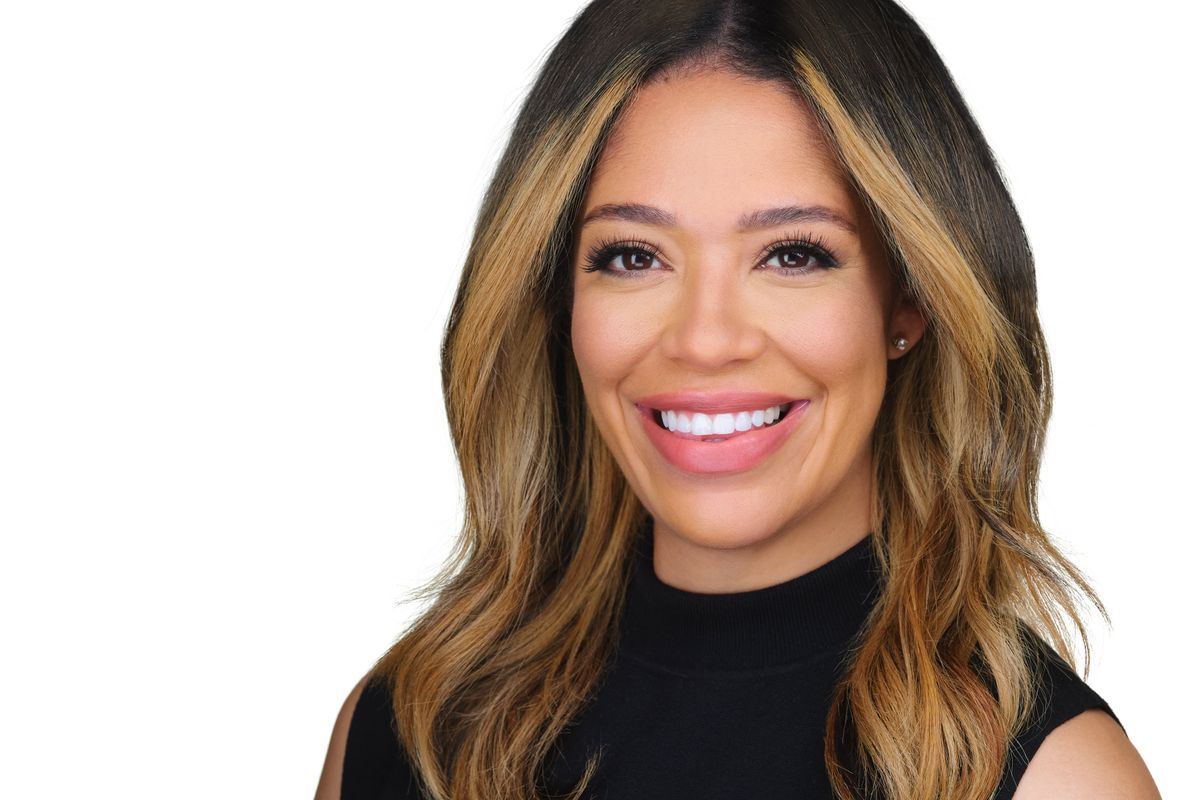Editor's note: Every week, I introduce you to a handful of Houston innovators to know recently making headlines with news of innovative technology, investment activity, and more. This week's batch includes a podcast with the new CEO of a gold hydrogen biotech company, the leader of a health tech program, and an HR expert.
Lacey Tezino, program manager at the Gulf Coast Consortium's Research Evaluation and Commercialization Hub

According to program manager Lacey Tezino, REACH received 31 applications over the course of a month last fall. Photo courtesy
A group of seven groundbreaking scientists has been chosen as the first cohort of a top-flight new program for medical innovators.
Last year, the National Institute of Health (NIH) awarded theGulf Coast Consortium with a $4 million grant. Its use? The Research Evaluation and Commercialization Hub, known as REACH. REACH combines the powers of one of the world’s largest inter-institutional cooperatives — including eight Houston-area medical research organizations— to help accelerate fledgling innovations.
According to program manager Lacey Tezino, REACH received 31 applications over the course of a month last fall.
“They were really solid applications. I was just like, ‘Can we take all of them?’” Tezino tells InnovationMap. Continue reading.
Prabhdeep Singh Sekhon, CEO of Gold H2

Prabhdeep Singh Sekhon joins the Houston Innovators Podcast. Photo courtesy of Gold H2
Using microbes to sustainably unlock low-cost hydrogen sounds like the work of science fiction, but one Houston company is doing just that.
Gold H2, a spin-off company from Cemvita, has bioengineered subsurface microbes to use in wells to consume carbon and generate clean hydrogen. The technology was piloted two years ago by Cemvita, and now, as its own company with a new CEO, it's safe to say Gold H2's on its way.
"First of all, that was groundbreaking," Prabhdeep Singh Sekhon, CEO of Gold H2, says of the 2022 pilot in the Permian Basin, "to be able to use bugs to produce hydrogen within a couple of days."
"2024 is supposed to be the year where Gold H2 takes off," Sekhon, who joined the company in April, tells the Houston Innovators Podcast. "It was one of those opportunities that I couldn't turn down. I had been following the company. I thought, 'here is this innovative tech that's on the verge of providing a ground-breaking solution to the energy transition — what better time to join the team.'" Continue reading.
Jill Chapman, director of early talent programs at Insperity

Ultimately, volunteer programs provide a platform for employees to make a positive impact in the community. Photo courtesy of Insperity
Companies of all sizes and stages can implement community-focused initiatives for volunteering, as Jill Chapman of Insperity explains in a guest column.
"Expanding one’s social responsibility doesn’t have to break the bank," she writes. "Smaller companies trying to make an impact should start by establishing initiatives that lay the foundation for a successful volunteer program. To further build out a volunteer program, leaders should look to their employees to define what organizations or causes they are passionate about."
Chapman provides more details on how to introduce volunteering to your workforce. Continue reading.




 Lacey Tezino founded Passport Journeys to provide a teletherapy platform for mothers and daughters. Photo courtesy
Lacey Tezino founded Passport Journeys to provide a teletherapy platform for mothers and daughters. Photo courtesy Apple doubles down on Houston with new production facility, training center Photo courtesy Apple.
Apple doubles down on Houston with new production facility, training center Photo courtesy Apple.